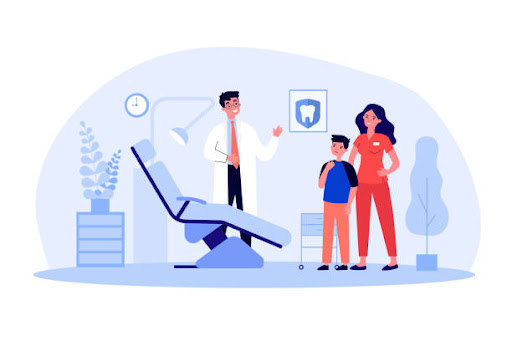While the digitization of the healthcare industry has been a huge advancement for the world, the reality is that it’s not easy to create the software that makes this possible.
Unlike other industries, the healthcare industry is highly regulated, must pass stringent requirements, and often has to grapple with tight budgets.
For these and other crucial reasons, it’s essential for those looking to develop healthcare software to know the ins and outs of what makes a successful project.
That’s what this article is all about, so read on to learn the top tips for developing healthcare software.
1. Prioritize working with experts
It’s essential to have experts on board when developing any healthcare software. This means working with developers that have a good understanding of the regulations and certifications required for such projects as well as any specific requirements that would be associated with your particular project.
Additionally, ensure that you also work with knowledgeable consultants who can help guide the process from start to finish. With healthcare software engineering services from KMS Healthcare, you can have the peace of mind that your project is in capable hands.
2. Ensure compliance with regulatory standards
First, it’s extremely important to know the rules and regulations of the particular country or region in which you’re creating a healthcare product. Healthcare organizations must comply with numerous laws and regulations, such as the Health Insurance Portability and Accountability Act (HIPAA) in the United States or the General Data Protection Regulation (GDPR) in Europe. Failing to meet these standards can lead to hefty fines, so doing your due diligence is crucial.
3. Focus on user-friendliness
Healthcare software should be designed with usability in mind. This means that the user interface needs to be intuitive, easy to use, and tailored specifically for healthcare professionals. Additionally, consider including automated processes or notifications to facilitate tasks and reduce errors.
4. Utilize secure coding practices
Security is a key factor to consider when developing healthcare software, as it deals with sensitive patient data and financial information. To ensure secure coding practices, make sure that your development team uses industry-standard security tools and frameworks such as OWASP Top 10 or SANS 25.
A secure coding process should also involve code reviews and penetration testing to identify any potential vulnerabilities.
5. Keep up with the latest technologies
Healthcare software needs to stay on top of the rapidly changing technology landscape, so staying up-to-date with the newest trends is paramount. Consider utilizing artificial intelligence (AI) or machine learning (ML) to help automate tasks and processes, or use cloud computing to store medical records securely.
Furthermore, look into utilizing mobile applications to increase accessibility for healthcare professionals and patients alike.
6. Emphasize scalability
Healthcare software should be able to scale as the needs of the organization grow. This means that you need to think strategically about how the product will evolve over time, and ensure that it can accommodate an ever-increasing user base and data requirements without having to undergo a complete overhaul.
7. Develop a comprehensive testing plan
Having a comprehensive testing plan is essential for any successful healthcare software development project. This should include unit tests, performance tests, and user acceptance testing (UAT).
It’s also important to ensure that your team follows proper quality assurance processes throughout the entire lifecycle of the project.
To conclude,
Developing healthcare software is not a small undertaking, but following these tips can help ensure that your project is successful.
With the input from knowledgeable experts at KMS, you can have the assurance that your healthcare software project will be crafted for success. We aim to create a product that meets all regulatory standards and offers an excellent user experience.
Have any questions about developing healthcare software? Get in touch with the team at KMS today and we’ll be happy to help.
